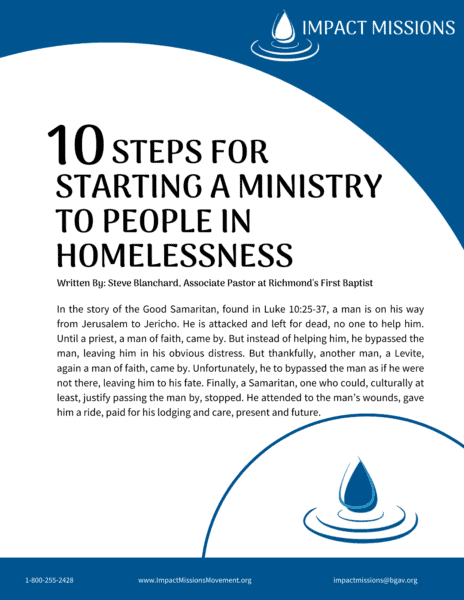In his most famous work, Charles Dickens, through Ebenezer Scrooge’s nephew, had this to say about Christmas:
“I am sure I have always thought of Christmas time, when it has come round—apart from the veneration due to its sacred name and origin, if anything belonging to it can be apart from that—as a good time; a kind, forgiving, charitable, pleasant time; the only time I know of, in the long calendar of the year, when men and women seem by one consent to open their shut-up hearts freely, and to think of people below them as if they really were fellow-passengers to the grave, and not another race of creatures bound on other journeys.”
As we enter the season of Advent, the Church year starts anew, and we begin by preparing for and celebrating the incarnation of God in Christ. It is truly a time when we are more aware than any other of the needs among people in our community. There are countless opportunities to serve others in concrete ways – Thanksgiving and Christmas dinners for people with limited resources, the Salvation Army Angel Tree, clothing donations and coat drives, and plenty of other opportunities to embrace the “spirit of Christmas” and give of ourselves. At our best, we embrace the idea that everyone else in this world is a “fellow passenger to the grave,” and we are more willing to share what we have. But just as the true miracle of Dickens’ A Christmas Carol was that Scrooge wasn’t just changed for a few days, but that he became “as good a friend, as good a master, and as good a man as the good old city knew.” It seems that one experience at Christmas transformed his life and his mission.
As we embrace this season of the year, we celebrate the birth of the son of God who was laid in a manger in Bethlehem “because there was no room for them in the inn.” The individual actions – a meal, a gift, or a coat provided for someone in need are wonderful things. But what if we let them inspire us to deeper engagement and ongoing ministry that might make a long-term difference in the lives of people in our community? What if we embraced the service we are so passionate about at Christmas year-round? Could we become as good a family, as good a church, as good a community as the good old world knows?
As we read the story of Christ’s birth, it should be striking to us that there was no room for the Holy family. God coming to earth in Christ without a home is a powerful reminder that there are people who spend not just Christmas, but the whole year, without a place to call home and that Christ came to earth as one of them and calls us to respond. At Richmond’s First Baptist Church, the call to serve people who are homeless, embraced by a few key leaders, has become a thriving ministry to people in Richmond. Steve Blanchard, who serves as their Associate Pastor for Compassion, has shared with us how they did it and some steps that your church can take to do the same. In the resource he created, he outlines the steps you can take to create a ministry that meets the needs of people in homelessness in your community. During this season, your church will embrace service perhaps more than any other time of year. As you dive into this season of reflection, giving, and celebration, consider whether the spirit of service so easy to awaken during Advent may be an opportunity to invest in serving the people you serve at Christmas year-round. When Christmas is over, the needs will remain. If you work through this resource and begin to feel this is something your church could do, contact the Impact Missions Team, and we can work with you and others engaged in ministry to people without housing so our churches can become homes to people in need.
1o Steps for Starting a Ministry to People in Homelessness, written by Steve Blanchard, Associate Pastor at Richmond’s First Baptist:

